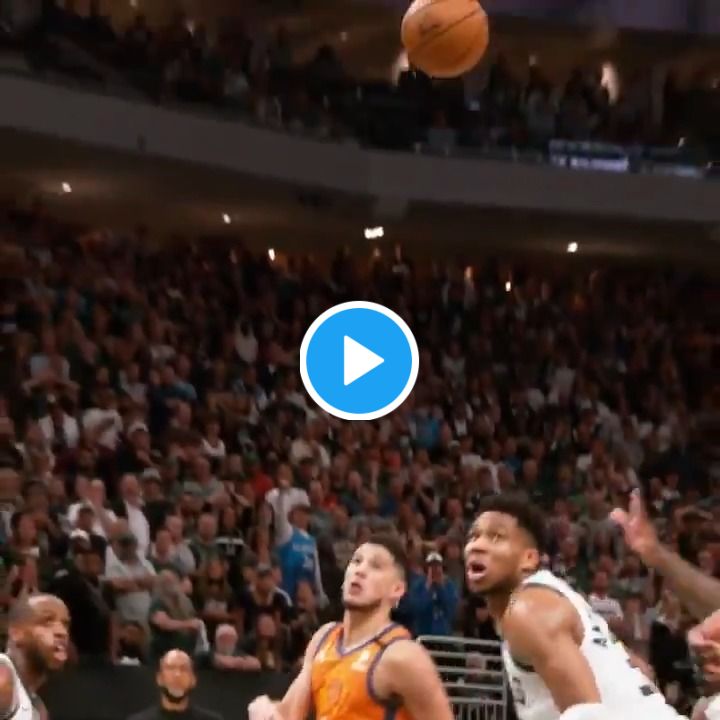Damian Lillard’s power play
The nuclear option
To read this entire story:
BY HENRY ABBOTT
Before heading to Tokyo for the Olympics, the U.S. men’s senior national basketball team joked that they were under “house arrest” for a couple of weeks at the Aria Hotel in Las Vegas. The gleaming tower—it looks like a curved 600-foot tall mirror—isn’t the worst place to hunker down. (Remember the casino scenes in Jason Bourne or Now You See Me? That’s the Aria.) But masks, tests, and quarantines—the Olympics and Team USA have COVID rules galore—mean there was opulence but not freedom.
The second-level promenade became a major focal point. A giant set of outdoor swimming pools, an enormous fitness center, and, clustered together by the private elevator to the Sky Suites, the three restaurants where the players ate almost every dinner: Bardot Brasserie, Jean Georges Steakhouse, and Damian Lillard’s favorite, Carbone. Occasionally they’d mix it up with a trip downstairs to Javier’s for high-end Mexican food just off the casino floor.
The whole time Team USA was at the Aria, those few restaurants buzzed with NBA figures. One night players would have a big meal with family and friends, other times they’d huddle with teammates.
On Wednesday, July 14, players and a handful of others got to unwind together. After losing to Nigeria and Australia, they had finally won a game by beating Argentina the day before. Friday’s game against Australia would be canceled because of COVID concerns. The Wednesday dinner went late.
Several players opened up about their NBA teams. Some talked openly about how they wished their teams were better run, closer to a title. A lot of NBA stars feel that way—like they do everything they can to win, if only their teams and teammates were all in too. (It’s especially reliable at Team USA events, where players crank up their imaginations about how things could be better. This is what led to LeBron’s Decision, and what’s now sometimes called the player empowerment era.)
Superstars make power moves all the time now; it often results in titles. LeBron James led the assembly of his title teams in Miami, Cleveland, and Los Angeles. Kawhi Leonard forced his way off the Spurs and into a title in Toronto. Anthony Davis grew fed up with the Pelicans, and reportedly requested a trade in January 2019. There was a painful interlude, but before too long he was a Laker, and by the 2020 Bubble, Davis was drinking the champagne of champions.
The night Team USA dined in Vegas, the Bucks tied the Finals 2-2, thanks in part to Giannis’ block for the ages. The Bucks’ resurgence seemed like an affirmation that teams had to go all in to win. Milwaukee had been good, then they traded all they had in a high-stakes gamble for Jrue Holiday, and—never mind Holiday’s abysmal shooting night—here they were. Also on the screen that night: Chris Paul, who had once believed he was a Clipper or Rocket for life, and now was 36-year-old proof that no matter how great you are, people will always hold it against you if you happen not to win a ring.
A lot of the players who are free for Team USA during the Finals are on teams that aren’t leading the title chase, and didn’t get Jrue Holiday. Bradley Beal plays for the Wizards, Draymond Green for the Warriors, Jerami Grant for the Pistons.
That week all kinds of teams sent officials to Las Vegas, to be around the stars, and not just for bonding purposes. It was also to tamp down whatever urges players would have to talk about finding a new home. (With Heat or Wizards officials at the next table, the thinking goes, Bam Adebayo or Bradley Beal can only go so far imagining life as Lakers, Nets, or Knicks. Green’s coach, Steve Kerr, is a Team USA assistant coach.) It seemed a little weird—risky—to some there that, other than a short stay at the end, Blazer officials were absent for most of Team USA’s time at the Aria.
Indeed, that Wednesday it was Damian Lillard who complained most memorably. Sources say he told his national team friends that he thought the situation in Portland was getting worse. The next day was his birthday; he would turn 31. He told the group that he had meetings with his team coming up the day after that, and he was thinking about demanding a trade. He put percentages on it—75/25—which confused people. What did that mean? It meant he would listen to the team’s plans, and if he didn’t like what he heard, he would demand a trade. He estimated he was 25 percent likely to demand a trade that Friday. Whatever the number, some in the room tell TrueHoop they took it as the beginning of the end for Lillard and the Blazers.
There’s a lot more to this story. What is “the nuclear option” sources say Lillard is considering? What does it mean for the Blazers and the league? Where will Lillard play? Where won’t he play?



